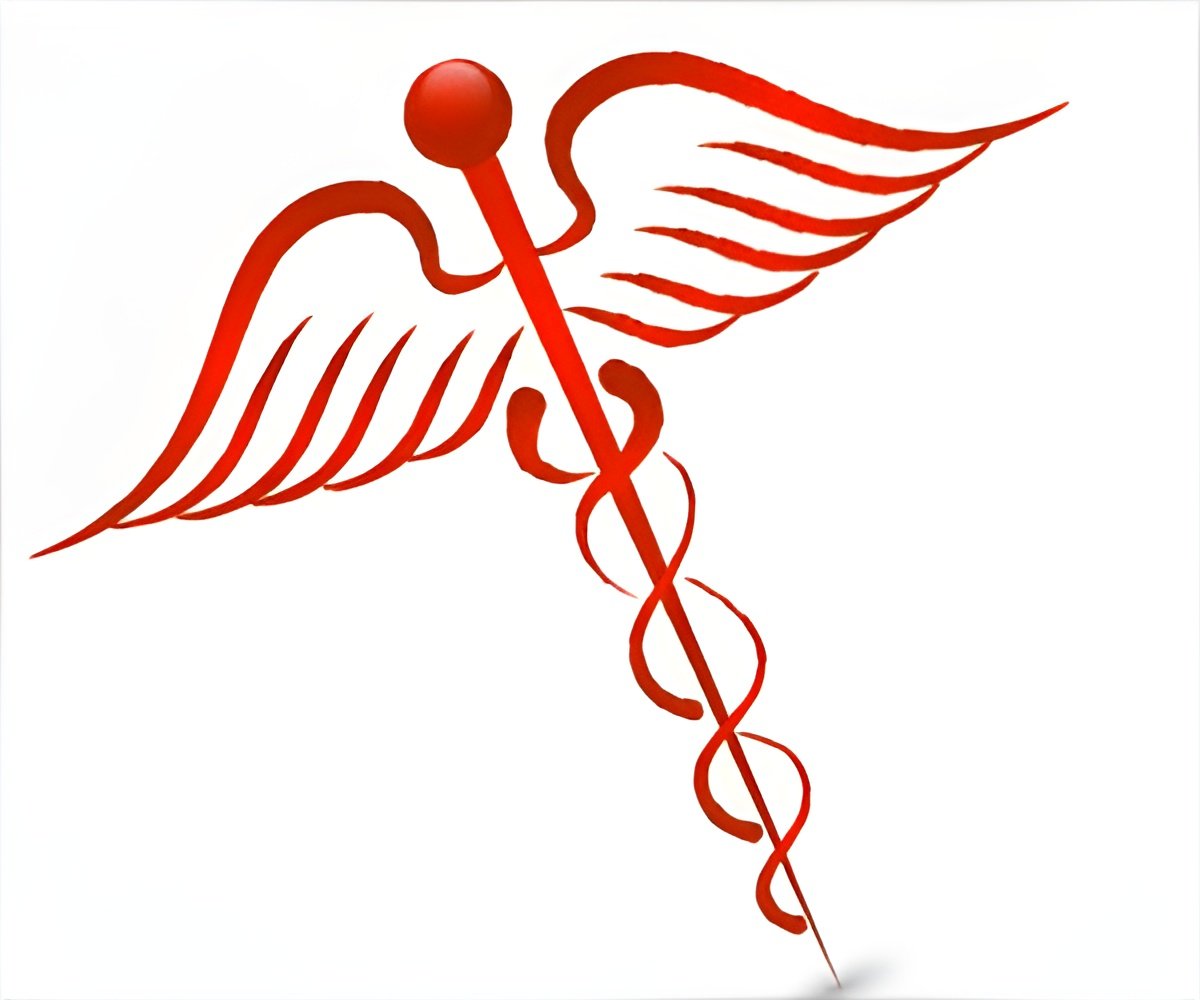The Health aspect of Union budget for 2007-08 aims to improve overall health scenario, by paying attention to recent spurt of communicable diseases and by declaring health schemes for the rural folk

But what is the impact of the budget on the health sector ?
The following are some of the highlights
» There is an overall rise, in the funds allocated for healthcare, by 21.9%. The proposed amount for 2007-2008 is Rs.15, 291 Cr, compared to the Rs. 11,366 Cr for the current financial year
» Funding has been increased for National Rural Health Mission (NRHM) from Rs.8207 Cr to Rs.9947 Cr, with particular focus on mother and childcare. Emphasis is also made on the control of communicable diseases like malaria. This move is expected to be a boon on the lower socio-economic group.
» There is also an attempt to merge various national health programmes, such as those taking care of immunization, ante- natal care, nutrition and sanitation
The finance minister announced that 320,000 Associated Social Health Activists or ASHAs have been recruited, while 20,000 of them have received orientation. This move does indicate a significant boost to rural health in the future. He said: 'With trained ASHAs in place, I am confident there will be significant improvement in healthcare in rural areas. The ayurveda, yoga, naturopathy, unani, siddha and homoeopathy systems are also being mainstreamed into the health delivery system at all levels.'
» The strategy for Polio Elimination has been revised, especially in the light of a fresh outbreak in Uttar Pradesh and Bihar. There will be intensive monitoring of the high-risk areas. The number of polio rounds are to be increased and monovalent vaccine is soon to be introduced. This anti-polio programme has been integrated with NRHM, with the ASHAs and the anganawadi workers expected to visit every household, to track each child for immunization.
» An attempt has been made to bring Indian and other complementary forms of medicines into the mainstream.
» The finance minister has also announced a strategy to popularize condomsand make the accessibility of blood screening universal.
» The recent budget has also removed the service tax on clinical trials. According to Dr. Pratap C. Reddy, Chairman of Apollo Hospitals, 'This will help in developing new treatment modalities for patients suffering from various conditions. Coupled with our wide gene pool and excellent resources in the healthcare, IT sectors, India’s chances in becoming a favored destination for clinical research will certainly receive a boost'.
» The physically-challenged have been offered One-lakh jobs every year with a salary limit of Rs.25, 000/mth. This will cost the government 150 cr./annum. Besides, to motivate employers to employ the physically challenged, a scheme has been proposed to reward the employer. Under this scheme, the government would reimburse the EPF and ESI for the first three years, once the physically challenged person became a regular employee and got enrolled under the Employees Provident Fund (EPF) and Employees State Insurance (ESI).
To help with health insurance for senior citizens, Mr.Chidambaram said: 'On December 6, 2006, Rashtrapatiji launched an exclusive health insurance scheme for senior citizens offered by National Insurance Company. I have asked the other three public sector insurance companies to offer a similar product to senior citizens, and they have agreed to do so in 2007-08.'
It must be noted that no declaration was made for developing healthcare infrastructure to promote medical tourism despite the booming trend. However, the budget has tried to improve the overall health scenario, by paying attention to the recent spurt of communicable diseases and by declaring health schemes for the rural folk. It has also attempted to focus on the woman and child health. Sincere intent and supreme efficiency is required, in the implementation of these schemes, in order for the ordinary man to enjoy their benefits.
Source-Medindia






